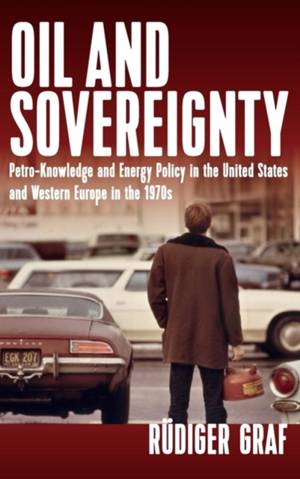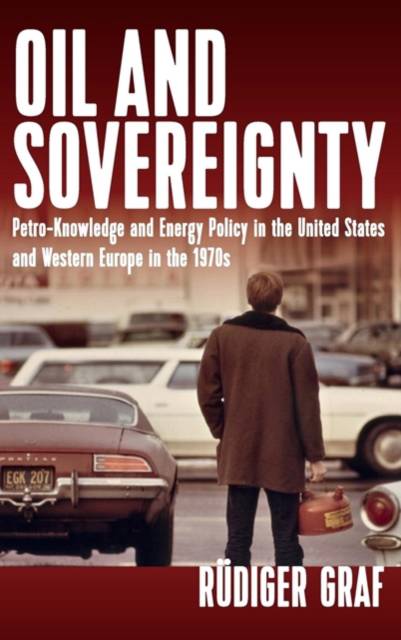
- Afhalen na 1 uur in een winkel met voorraad
- Gratis thuislevering in België vanaf € 30
- Ruim aanbod met 7 miljoen producten
- Afhalen na 1 uur in een winkel met voorraad
- Gratis thuislevering in België vanaf € 30
- Ruim aanbod met 7 miljoen producten
Oil and Sovereignty
Petro-Knowledge and Energy Policy in the United States and Western Europe in the 1970s
Rüdiger GrafOmschrijving
In the decades that followed World War II, cheap and plentiful oil helped to fuel rapid economic growth, ensure political stability, and reinforce the legitimacy of liberal democracies. Yet waves of price increases and the use of the so-called "oil weapon" by a group of Arab oil-producing countries in the early 1970s demonstrated the West's dependence on this vital resource and its vulnerability to economic volatility and political conflicts. Oil and Sovereignty analyzes the national and international strategies that American and European governments formulated to restructure the world of oil and deal with the era's disruptions. It shows how a variety of different actors combined diplomacy, knowledge creation, economic restructuring, and public relations in their attempts to impose stability and reassert national sovereignty.
Specificaties
Betrokkenen
- Auteur(s):
- Uitgeverij:
Inhoud
- Aantal bladzijden:
- 474
- Taal:
- Engels
Eigenschappen
- Productcode (EAN):
- 9781785338069
- Verschijningsdatum:
- 23/04/2018
- Uitvoering:
- Hardcover
- Formaat:
- Genaaid
- Afmetingen:
- 157 mm x 231 mm
- Gewicht:
- 793 g

Alleen bij Standaard Boekhandel
Beoordelingen
We publiceren alleen reviews die voldoen aan de voorwaarden voor reviews. Bekijk onze voorwaarden voor reviews.











